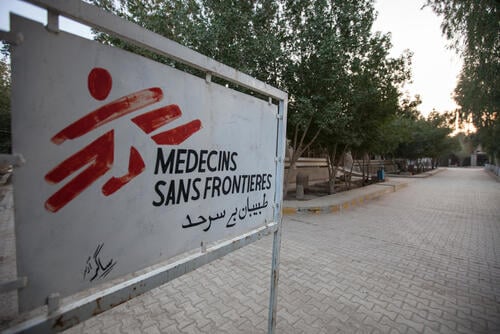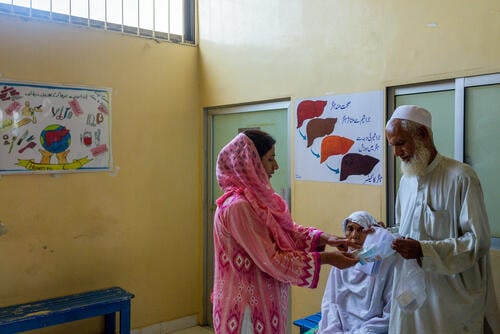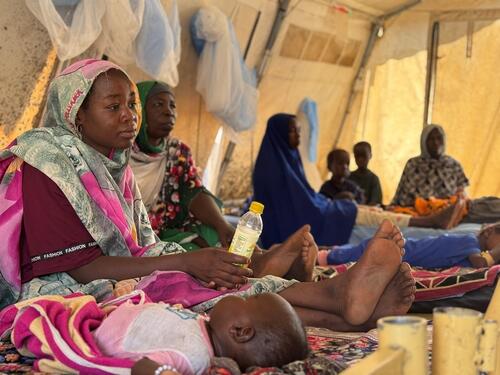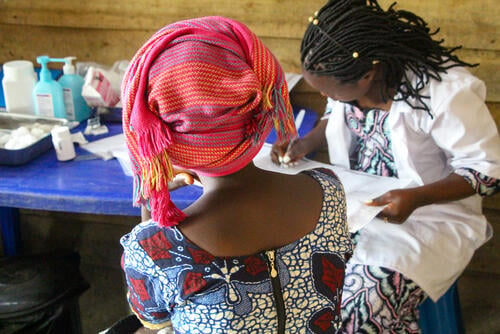In the wake of the recent announcement by the Pakistani authorities that ‘Phase Two’ of the ‘repatriation plan’ of Afghans in the country will begin after Eid (15 April), Médecins Sans Frontières (MSF) is deeply concerned for the rights and welfare of those impacted by the latest round of deportations.
Pakistan is home to an estimated 3.7 million Afghans, and a reported 500,000 have crossed the border so far. Many Afghans living in Pakistan have been there for decades and have spent more time in the country than their country of origin, without any legal recourse to remain in the only place they can effectively call ‘home’.
For many Afghans, this ‘repatriation’ means packing up their belongings and carrying them on a horse, cart, car and bus and travelling en masse to a country that is already struggling with widespread poverty, inadequate health services and increased restrictions on women.
The second phase of the deportations leaves an estimated 800,000 Pakistan-issued Afghan Citizen Card (ACC) holders vulnerable to return, and at risk of harm, while phase three is expected to result in the further deportation of UNHCR-issued Proof of Registration (PoR) card holders.
MSF first started working in Pakistan in 1986, and today provides much-needed medical care to people in Balochistan, Khyber Pakhtunkhwa and Sindh provinces. Access to healthcare remains a challenge in Pakistan, especially for people in rural communities, informal settlements and areas affected by conflict. MSF has projects providing reproductive, neonatal and paediatric care, diagnosis and treatment of cutaneous leischmaniasis, diagnosis and treatment of hepatitis C, and diagnosis and treatment of tuberculosis in the country.






